
Are you a backpacker with dietary restrictions? Look no further. This guide presents 10 must-have vegan and gluten-free options for your backpacking meals.
Whether you're a seasoned hiker or just starting out, proper nutrition is vital on your outdoor adventures. We'll cover everything from meal planning and cooking gear to food storage and hydration.
Stay tuned for expert advice on achieving a balanced and well-rounded diet while enjoying the freedom of the great outdoors.
Meal Planning
When it comes to backpacking, meal planning is an essential aspect of ensuring a successful and nourishing journey.
Proper meal planning allows backpackers to maintain a nutritionally balanced diet while on the trail. The key to effective meal planning is to carefully consider the nutritional needs of the body during physical activity and select foods that provide the necessary energy and nutrients.
This means incorporating a variety of food groups such as carbohydrates, proteins, healthy fats, and fruits and vegetables into each meal. It is also important to consider the weight and portability of the chosen foods, as backpackers need to carry their supplies over long distances.
Cooking Gear
When it comes to backpacking meals, having the right cooking gear is essential for a successful and enjoyable trip.

Portable cooking solutions, such as compact stoves or campfires, are a must-have for heating up meals on the go.
Lightweight utensils and tools, like collapsible bowls and sporks, make it easy to eat and clean up while minimizing weight.
Additionally, choosing efficient fuel options, such as canister or liquid fuel, can help maximize cooking time and minimize the amount of fuel needed.
Portable Cooking Solutions
To ensure a successful backpacking trip, it is essential to have the appropriate portable cooking solutions for preparing vegan and gluten-free meals on-the-go.
When it comes to portable stove options, there are several choices available that cater to different needs. For those looking for a lightweight and compact option, canister stoves are a popular choice. They use pre-filled fuel canisters and offer efficient heat output.
Another option is alcohol stoves, which are affordable and easy to use. They use denatured alcohol as fuel and are lightweight.
When it comes to dehydrated meal options, there is a wide variety of vegan and gluten-free options available. These meals are lightweight, easy to prepare, and provide essential nutrients. They come in a range of flavors, ensuring that backpackers can enjoy a delicious meal while on the go.
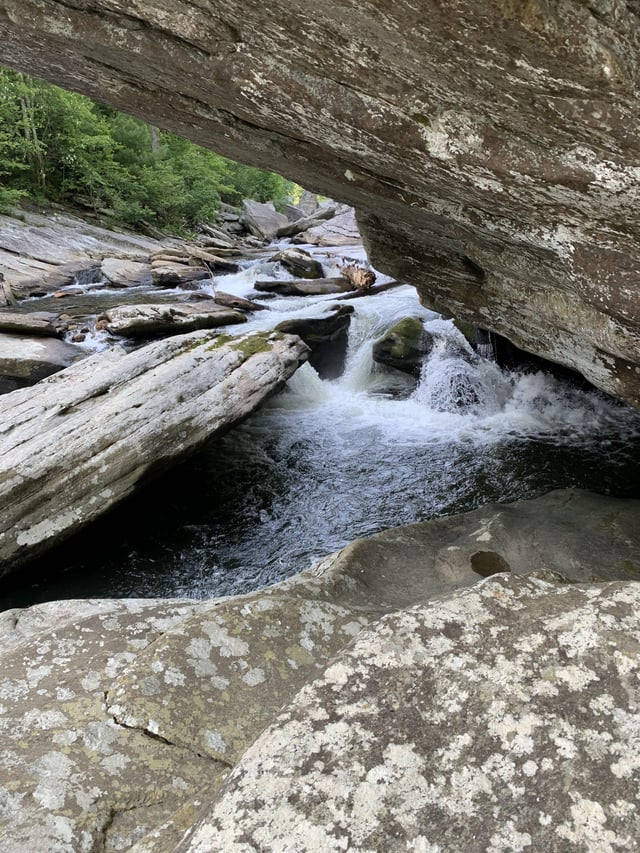
Equipped with lightweight utensils and tools, backpackers can efficiently prepare vegan and gluten-free meals while minimizing the weight of their cooking gear.
When it comes to choosing lightweight cutlery, there are several options available. Titanium sporks are a popular choice due to their durability and versatility. They are lightweight, compact, and can be used for both eating and cooking.
Another option is bamboo cutlery, which is not only lightweight but also eco-friendly.
Collapsible containers are essential for storing and transporting meals while minimizing space in your backpack. These containers are made from lightweight materials such as silicone and can be collapsed when not in use.
Additionally, investing in a lightweight stove and cookware set can further reduce the weight of your cooking gear.
Efficient Fuel Choices
Backpackers can optimize their cooking gear by selecting efficient fuel choices. When it comes to fuel sources for backpacking meals, it is essential to consider weight, ease of use, and environmental impact.
One popular option is canister fuels, such as propane and butane blends, which offer high heat output and are easy to ignite. These fuels are lightweight and compact, making them ideal for backpacking trips.
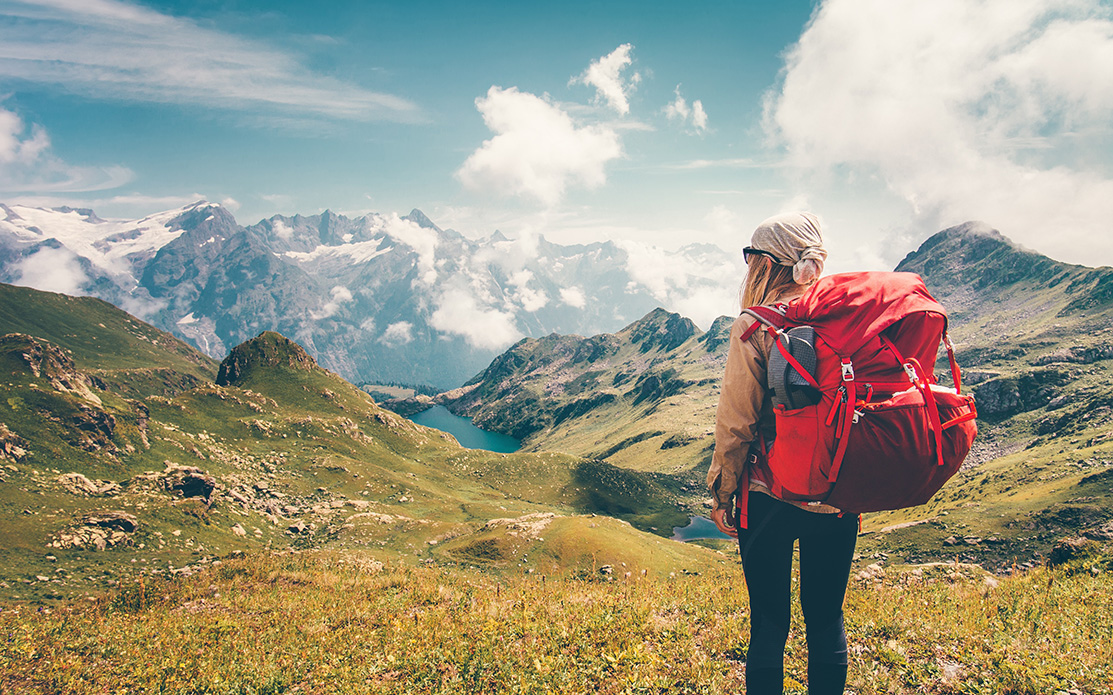
Another efficient fuel choice is alcohol, which is readily available and burns cleanly. It is important to note that alcohol has a lower heat output compared to canister fuels, so it may require longer cooking times.
Additionally, some backpackers opt for wood-burning stoves, utilizing natural materials as fuel, but this approach requires more skill and can be time-consuming.
Ultimately, the choice of fuel depends on personal preferences and the cooking techniques one plans to use during their backpacking adventure.
Food Storage
When backpacking, it is important to ensure that your food is stored properly to prevent wildlife encounters and to maintain its freshness. Bear canister regulations vary depending on the location, so it is crucial to research and comply with the specific requirements of your chosen destination.
Additionally, lightweight storage options such as compression sacks or dry bags can help save space in your backpack while keeping your food protected.
Lastly, taking steps to prevent food contamination, such as using resealable bags and practicing good hygiene, is essential for maintaining your health in the wilderness.
Bear Canister Regulations
To ensure the safety of both backpackers and wildlife, it is essential to adhere to bear canister regulations for proper food storage while hiking in bear country. These regulations are put in place to minimize human-bear encounters and prevent bears from becoming habituated to human food, which can lead to aggressive behavior and potential harm to both humans and bears.
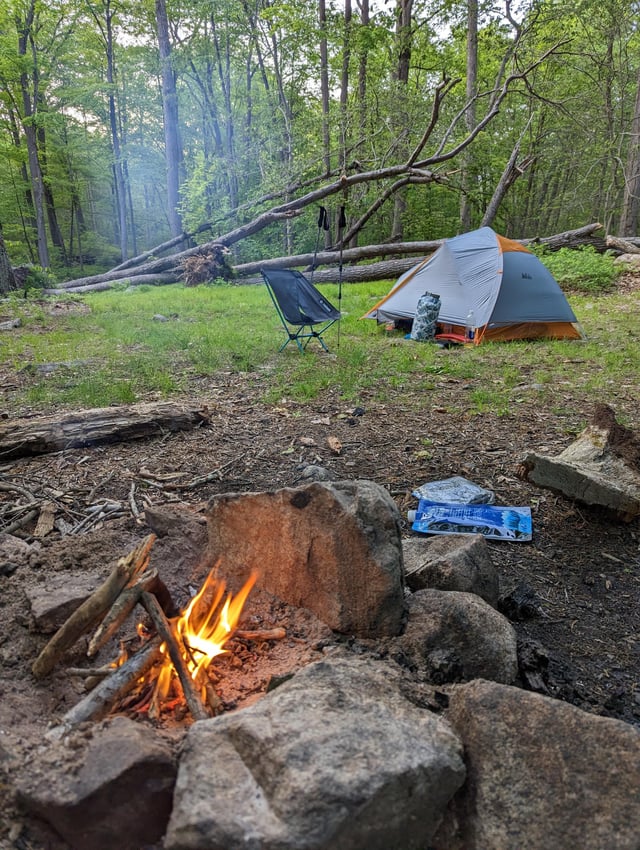
Bear canisters are specifically designed containers that are made of sturdy materials and are bear-resistant. They are designed to keep your food secure and inaccessible to bears while you are on the trail. These canisters are required in many national parks and wilderness areas where bears are prevalent.
While bear canisters are the most effective and widely accepted method of food storage, there are some alternatives available. One option is to use bear-resistant food storage lockers, which are provided at certain campsites and trailheads. These lockers are typically made of metal and are designed to keep your food safe from bears.
It is important to familiarize yourself with the specific regulations and guidelines for bear canister use in the area you plan to hike. Some areas may have designated campsites with bear-resistant food storage lockers, while others may require all backpackers to carry their own bear canisters.
Lightweight Storage Options
One popular lightweight storage option for backpacking food is the use of resealable plastic bags. These bags are not only lightweight but also provide airtight seals to keep food fresh and prevent any leakage. However, there are other lightweight food containers available that offer additional benefits.
Here are five options to consider:
Silicone food storage bags: These reusable bags are made of food-grade silicone, which is lightweight, durable, and easy to clean.
Collapsible containers: These containers are made of flexible materials that can be collapsed when empty, saving space in your backpack.

Stainless steel containers: These containers are lightweight and durable, making them perfect for backpacking. They are also a great alternative to plastic containers.
Vacuum-sealed bags: These bags are designed to remove air from the packaging, making them ideal for dehydrated meal options. They help to reduce the bulkiness of the food while keeping it fresh.
Ziplock bags: These bags are lightweight and easy to use. They are a versatile option for storing various types of food.
When choosing your lightweight storage option, consider the size, weight, durability, and ease of cleaning. Find the option that best suits your needs and enjoy your backpacking meals with convenience and freedom.
Preventing Food Contamination
Food safety is paramount when it comes to backpacking. Preventing food contamination is crucial for a safe and enjoyable outdoor experience. Proper food handling techniques are essential to minimize the risk of cross contamination.
Cross contamination occurs when harmful bacteria from one food item is transferred to another, leading to foodborne illnesses. To prevent cross contamination, it is important to keep raw and cooked foods separate. This can be done by using separate containers or resealable bags.
Additionally, it is crucial to wash hands thoroughly before handling food and to clean all utensils and surfaces that come into contact with raw foods. It is also recommended to store perishable items in coolers or insulated bags to maintain their freshness and prevent spoilage.
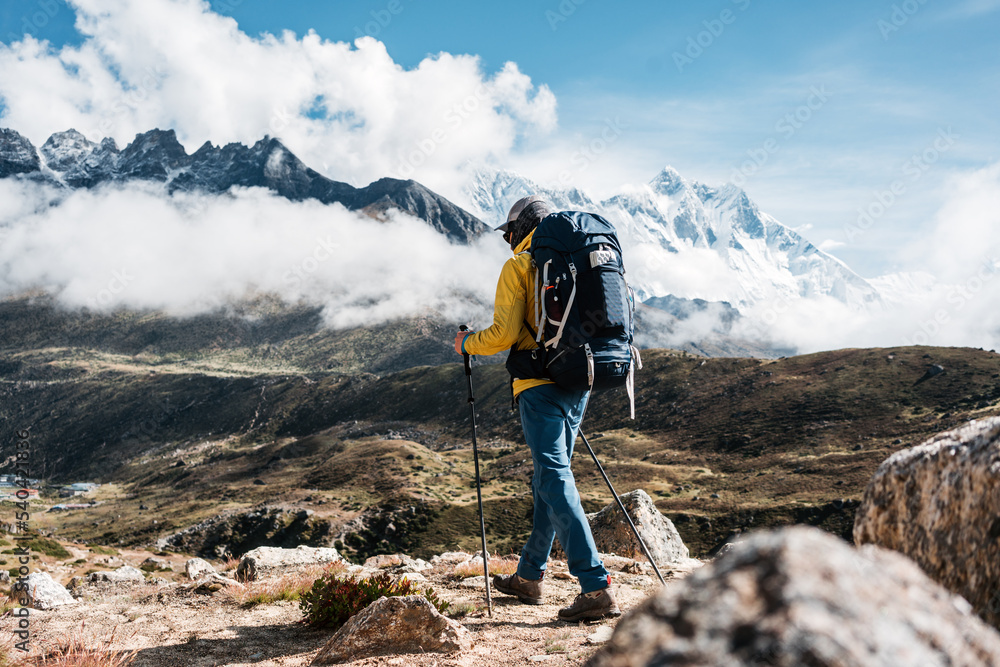
Hydration
For optimal performance and well-being on backpacking trips, maintaining proper hydration is essential throughout your journey. Staying hydrated not only helps to regulate body temperature but also ensures that your muscles and organs function optimally.
Here are some tips on staying hydrated during your backpacking adventure:
- Carry a lightweight, collapsible water bottle or hydration bladder to make it easier to stay hydrated on the go.
- Drink water regularly throughout the day, even if you don't feel thirsty. Aim to consume at least 2 liters of water per day.
- Avoid sugary drinks and opt for electrolyte-rich options such as coconut water or sports drinks to replenish lost minerals.
- Consider adding powdered electrolyte mixes to your water to enhance hydration.
- Plan your meal prep to include water-rich foods like fruits and vegetables, which can contribute to your overall hydration.
Trail Snacks
When planning your backpacking adventure, it's crucial to consider the best trail snacks to fuel your body along the way. Trail snacks provide a quick and convenient source of energy, helping you stay energized and focused on the trail.
Two popular options for trail snacks are trail mix and energy bars.
Trail mix is a versatile snack that combines a variety of ingredients such as nuts, dried fruits, seeds, and sometimes chocolate or other sweet treats. It is packed with essential nutrients like healthy fats, protein, and carbohydrates, providing a balanced and sustained source of energy. You can easily customize your trail mix to suit your taste preferences and dietary needs.
Energy bars, on the other hand, are compact and lightweight snacks that are specifically designed to provide a quick energy boost. They often contain a mix of ingredients like nuts, seeds, dried fruits, grains, and sometimes added protein. Energy bars are a convenient option for on-the-go snacking, as they are easy to pack and require no preparation.
When choosing trail snacks, look for options that are vegan and gluten-free to accommodate different dietary preferences and restrictions. It's also important to consider the nutritional content of the snacks, aiming for a balance of carbohydrates, protein, and healthy fats to keep your energy levels stable throughout the day.

Remember to pack a sufficient amount of trail snacks to keep you fueled during your backpacking adventure. Snacking regularly can help maintain your energy levels and prevent fatigue, allowing you to fully enjoy your outdoor experience.
Lightweight Meals
One essential consideration for backpacking meals is their weight. When embarking on a long hike, it is crucial to pack lightweight meals that provide sufficient nutrition without adding unnecessary bulk to your backpack. Luckily, there are numerous dehydrated options and vegan-friendly recipes available to cater to the needs of outdoor enthusiasts who follow a plant-based lifestyle.
Here are five lightweight meal ideas that are both delicious and easy to prepare:
Lentil and vegetable curry: This dehydrated meal is packed with protein and fiber, making it a filling and nutritious option for backpackers.
Quinoa salad: A refreshing and lightweight meal, quinoa salad can be made with a variety of vegetables and herbs, providing a balance of nutrients and flavors.
Instant vegan ramen: Dehydrated ramen noodles combined with dried vegetables and spices create a satisfying and quick meal option for backpackers on the go.
Chickpea stir-fry: This high-protein meal is a great option for vegans, as it combines dehydrated chickpeas with a mix of dehydrated vegetables and spices.
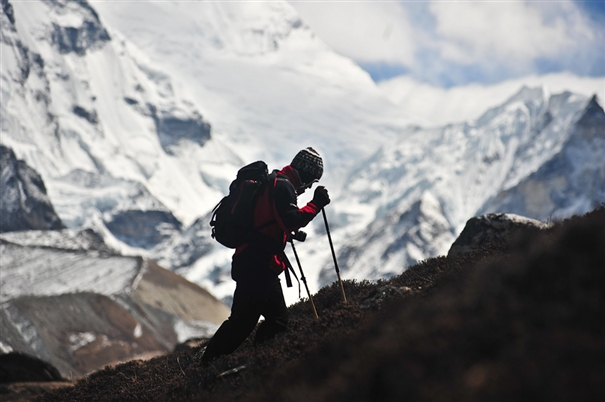
Coconut curry with rice: A flavorful and nourishing option, dehydrated coconut curry with rice is a convenient meal that offers a good balance of carbohydrates and fats.
These dehydrated options and vegan-friendly recipes ensure that you can enjoy delicious and nutritious meals while keeping your backpack light and your energy levels high during your outdoor adventures.
Nutrition Balance
How can you ensure a balanced nutrition while backpacking on a vegan and gluten-free diet?
Nutrition balance is crucial for maintaining energy levels and overall well-being during outdoor adventures. To achieve this, careful meal prep and selection of nutrient-dense foods is key.
Start by incorporating a variety of fruits, vegetables, whole grains, legumes, and plant-based proteins into your meals. These will provide essential vitamins, minerals, and fiber.
Include sources of healthy fats, such as nuts, seeds, and avocados, to support brain function and provide sustained energy. It's also important to pay attention to your protein intake, as plant-based sources like tofu, tempeh, and quinoa can ensure you meet your daily requirements.
Lastly, don't forget to stay hydrated and carry nutrient-rich snacks like dried fruits and trail mix to keep your energy levels up throughout your journey.
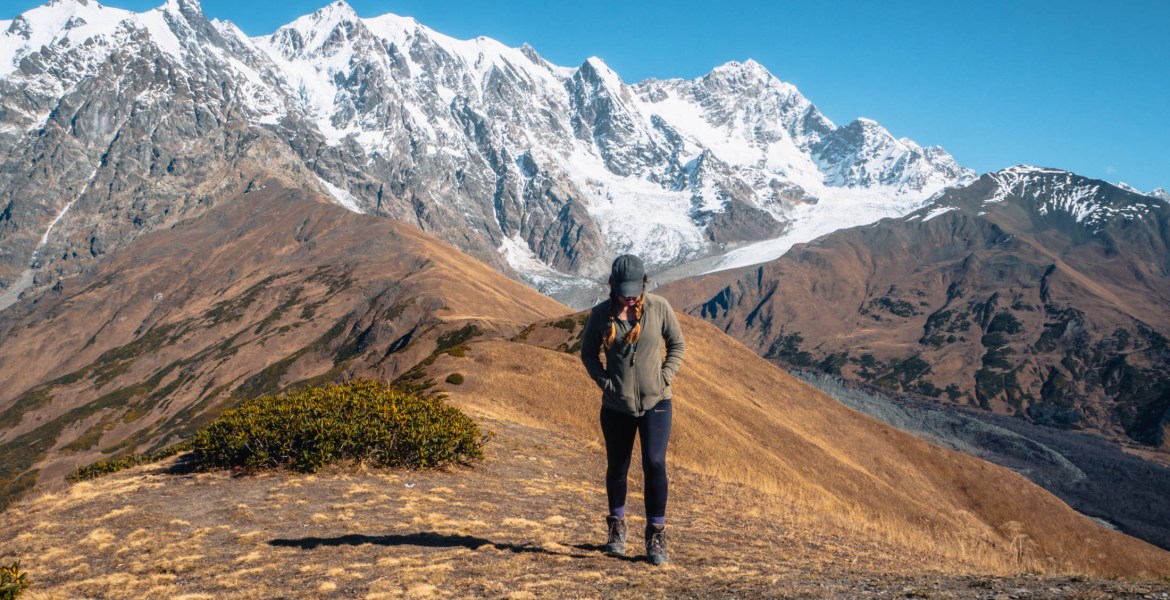
Cooking Methods
To ensure optimal meal preparation while backpacking on a vegan and gluten-free diet, it is essential to consider various cooking methods. Here are five cooking methods that can be used to prepare delicious and nutritious meals on the go:
Open fire cooking: This traditional method involves cooking over an open flame using a campfire or portable stove. It allows for versatile cooking options and imparts a unique smoky flavor to the food.
Solar cooking: Harnessing the power of the sun, solar cooking involves using a solar oven or cooker to heat and cook the food. It is an eco-friendly and energy-efficient method, perfect for sunny backpacking trips.
Stove cooking: Utilizing a compact backpacking stove, this method offers quick and easy cooking options. It allows for precise temperature control and is ideal for preparing meals that require simmering or boiling.
Cold soaking: This no-cook method involves soaking dehydrated ingredients in water or other liquids to rehydrate them. It is a lightweight and convenient option for backpackers who prefer not to carry cooking equipment.
One-pot meals: Simplify meal preparation by cooking everything in a single pot. This method saves time and reduces the need for multiple cooking utensils, making it perfect for backpackers looking for a hassle-free cooking experience.
Food Safety
Continuing with the topic of backpacking meals on a vegan and gluten-free diet, it is important to address the crucial aspect of ensuring food safety while on the trail. Proper food storage is essential to prevent spoilage and foodborne illnesses.

When backpacking, it is crucial to store your food in sealed containers or bear canisters to protect it from wildlife and minimize the risk of contamination. Bear canister regulations vary by location, so it is important to check the specific regulations of the area you plan to visit.
Additionally, it is recommended to keep perishable foods, such as fresh fruits and vegetables, in a separate cooler bag with ice packs to maintain their freshness and prevent spoilage.
Meal Prep
When considering meal prep for vegan and gluten-free backpacking, it is important to plan ahead and ensure you have all the necessary ingredients and equipment.
Proper meal prep can make a significant difference in the success of your backpacking trip, ensuring that you have nutritious and balanced meals to fuel your adventures.
Here are five essential tips for effective meal prep:
Create a meal plan: Plan your meals in advance to ensure you have a good balance of nutrients, including protein, carbohydrates, and fats.
Choose lightweight ingredients: Opt for dehydrated or freeze-dried foods that are easy to carry and require minimal cooking time.
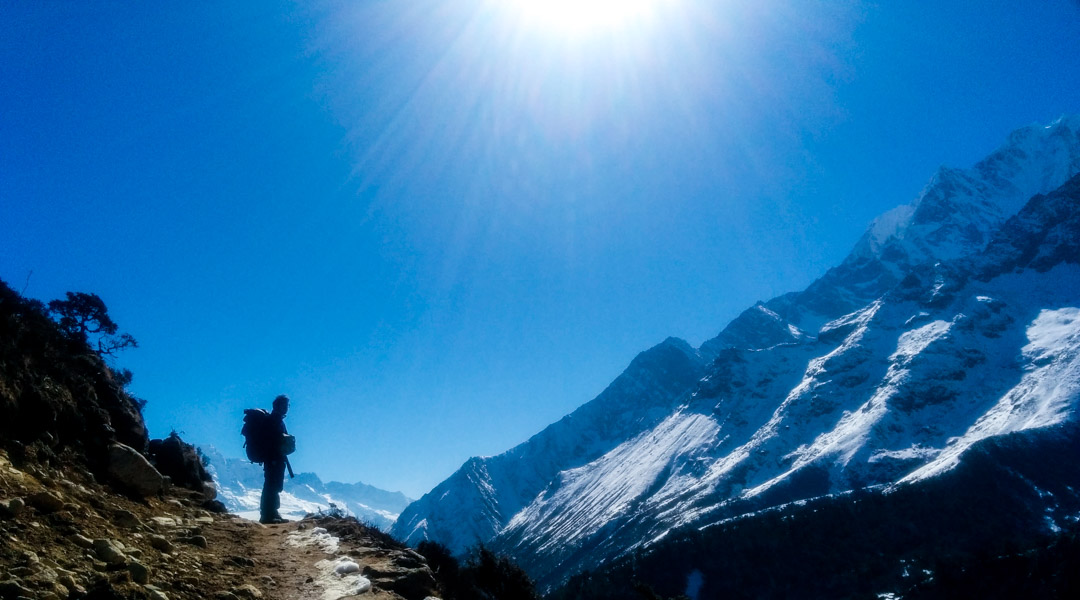
Pack individual portions: Divide your meals into individual portions to make it easier to prepare and consume during your trip.
Organize your cooking equipment: Make sure you have all the necessary pots, pans, and utensils for cooking your meals on the trail.
Consider nutritional balance: Ensure your meals include a variety of fruits, vegetables, whole grains, and plant-based proteins to meet your nutritional needs.
Frequently Asked Questions
Can I Still Get Enough Protein on a Vegan and Gluten-Free Backpacking Diet?
When following a vegan and gluten-free backpacking diet, it is possible to obtain sufficient protein by incorporating plant-based protein sources such as legumes, tofu, tempeh, quinoa, and nuts. Balancing nutrition is crucial to ensure adequate intake of essential nutrients.
What Are Some Options for Vegan and Gluten-Free Breakfast Meals While Backpacking?
When seeking vegan and gluten-free breakfast options while backpacking, it's important to consider nutrient-rich choices that meet dietary needs. Here are some ideas and tips for finding protein on a vegan and gluten-free backpacking diet.
Are There Any Vegan and Gluten-Free Options for Dehydrated Meals?
There are several vegan and gluten-free options available for dehydrated meals, providing nutritious choices for backpacking. These meals are specifically designed to meet the dietary needs of individuals looking for vegan and gluten-free options while on the go.
How Can I Ensure I Am Getting Enough Vitamins and Minerals on a Vegan and Gluten-Free Backpacking Diet?
Ensuring sufficient intake of vitamins and minerals while following a vegan and gluten-free backpacking diet is crucial. Meal planning and careful sourcing of vegan and gluten-free ingredients are essential for meeting nutritional needs in a balanced and well-rounded manner.
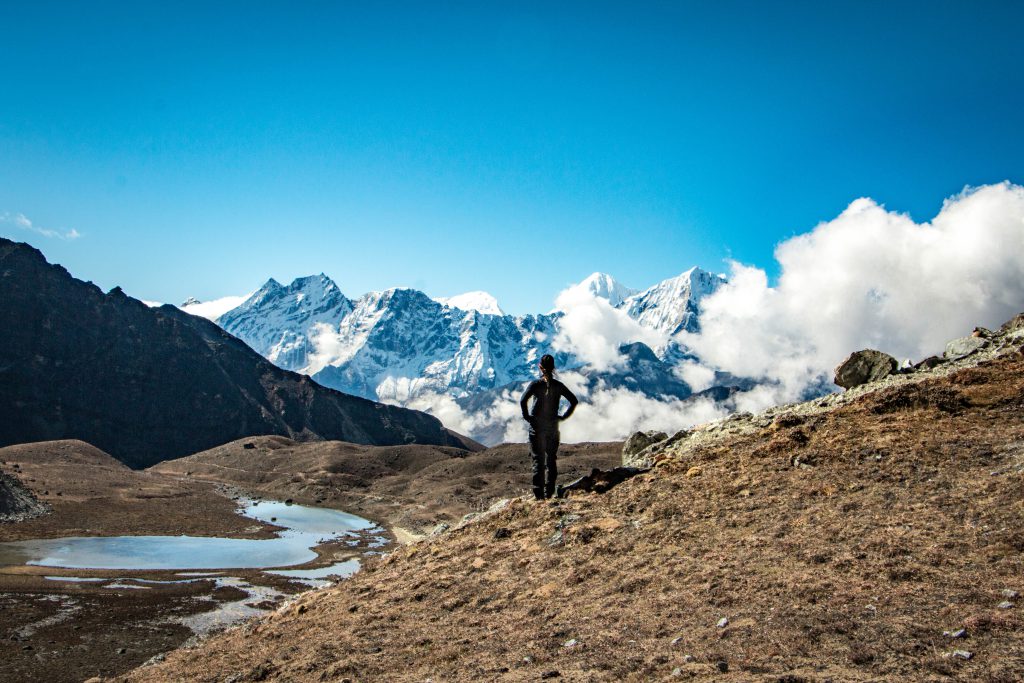
Are There Any Vegan and Gluten-Free Options for Trail Snacks That Provide Sustained Energy?
When it comes to vegan and gluten-free options for long distance hikes or endurance activities, there are plenty of snacks available that can provide sustained energy. These options cater to those following a vegan and gluten-free diet while ensuring optimal nutrition and performance.
 Liveaboard LifestyleTravel DestinationsExPat Places to LiveRV LifeDigital Nomad TravelPrivacy PolicyTerms And Conditions
Liveaboard LifestyleTravel DestinationsExPat Places to LiveRV LifeDigital Nomad TravelPrivacy PolicyTerms And Conditions
